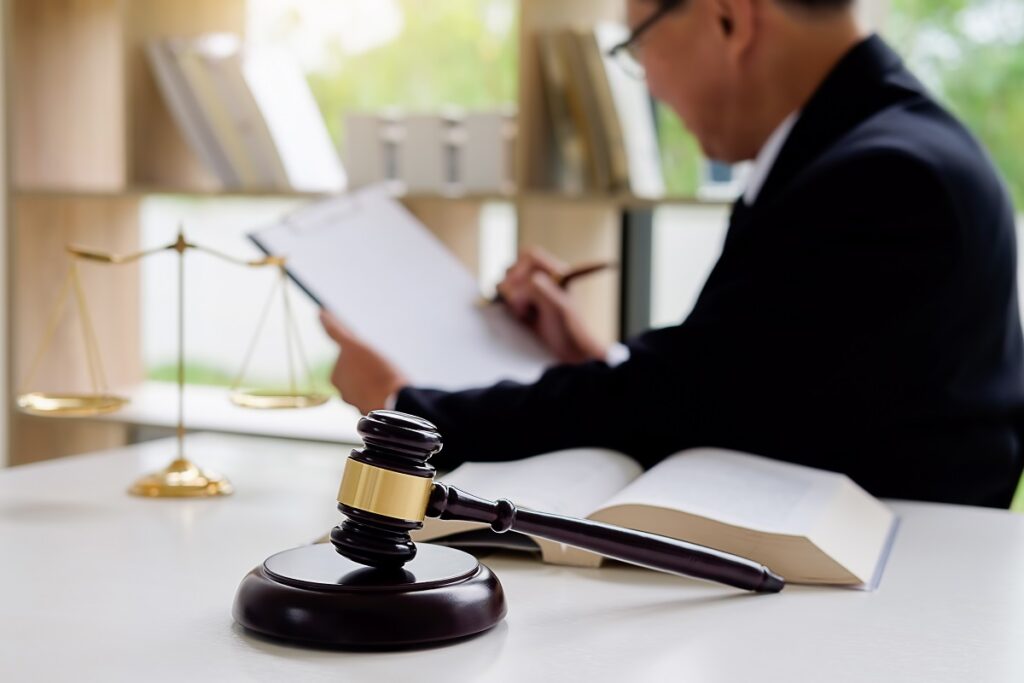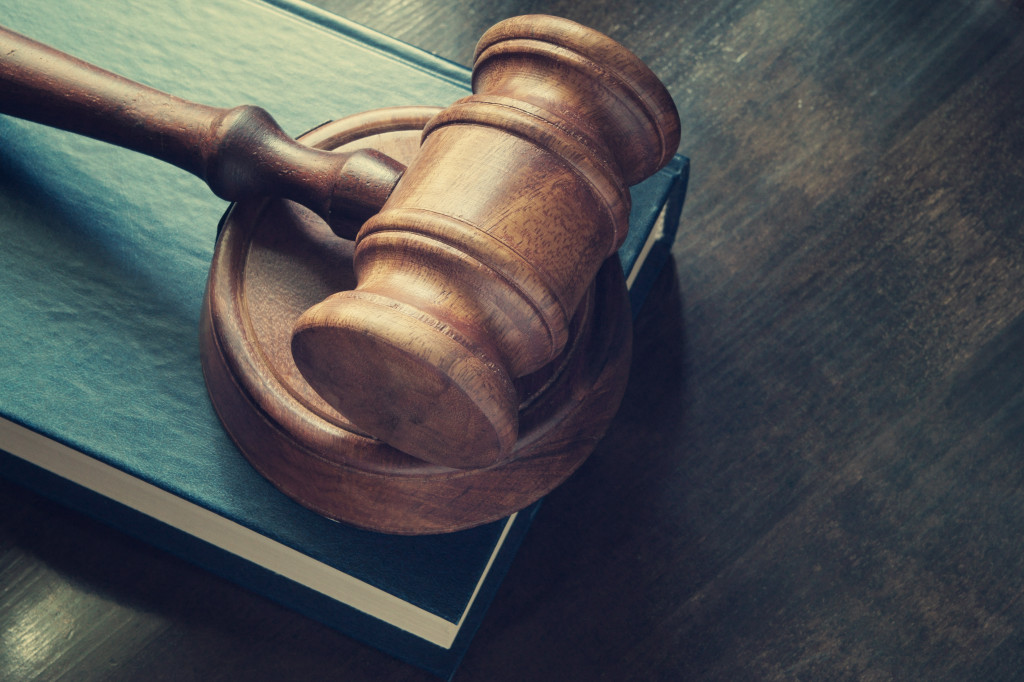- A valid personal injury claim hinges on proving negligence, where the responsible party’s careless actions lead to harm or injury and damages resulting from it.
- Choosing the right legal representation, with expertise in personal injury law and good communication, is pivotal in a personal injury case.
- Understanding the personal injury lawsuit process involves knowing each step, from filing the lawsuit to potential courtroom proceedings.
- Proving negligence, that the injury was a direct result of the defendant’s negligent behavior leading to damages, is a cardinal aspect of any personal injury lawsuit.
If you’ve been injured due to someone else’s negligence, knowing your rights is crucial. You may be entitled to compensation for your medical bills, lost wages, and pain and suffering. Navigating the legal landscape of a personal injury case can be complex, and knowing your next steps is critical. This guide will walk you through the key considerations and actions following a personal injury.
Identifying a Valid Claim
A valid personal injury claim hinges on the concept of negligence. This legal term refers to a situation where one party’s carelessness leads to the harm or injury of another. To establish negligence, it is crucial to illustrate that the party at fault neglected their “duty of care” – the obligation to exercise a reasonable level of caution that any sensible individual would demonstrate in comparable circumstances.
If a driver, for example, was texting while driving and subsequently caused an accident, they could be deemed negligent for failing their duty of care to other road users. Additionally, the injured party must prove that they suffered physical, emotional, or financial damage as a result. It’s also important to note that the laws surrounding negligence vary between jurisdictions; hence, consulting a legal expert is crucial to assess the validity of a personal injury claim.
Finding Legal Representation

Securing legal representation is a fundamental step in a personal injury case. When choosing a lawyer, there are several factors to consider. Expertise in personal injury law is essential as it ensures the attorney is well-versed in the nuances of this area and updated with any current changes in legislation.
Assess their track record and success rate with cases similar to yours. A high success rate could be indicative of their commitment and proficiency. Additionally, a lawyer’s reputation among their peers and clients can provide valuable insights into their professionalism and integrity.
Communication is also key – you need a lawyer who will keep you informed about the progress of your case, explain complex legal jargon in layman’s terms, and be available to address any concerns. Remember, a good personal injury lawyer works to protect your rights and strives for the best possible outcome for your case.
Understanding the Lawsuit Process
Delve into the procedural aspects of a personal injury lawsuit, providing a comprehensive understanding of each step, from filing the lawsuit to the potential courtroom proceedings. Here are some tips:
Initial Lawyer Interview
The initial lawyer interview is a crucial stage in your personal injury lawsuit. During this meeting, you should provide a detailed account of your accident and resulting injuries. Be honest and forthcoming about all aspects of your case, as inaccuracies or omissions can jeopardize your claim.
Your lawyer, in turn, will assess the strength of your case, explain your legal rights, and discuss potential strategies. They will also likely discuss fees and costs associated with your case. It’s essential to use this opportunity to ask any questions or voice any concerns you may have.
Remember, this meeting isn’t just about the lawyer assessing your case, but also about you assessing whether this lawyer is the right fit for you. Ensure you leave this meeting with a clear understanding of your next steps.
Filing a Complaint

The first formal step in a lawsuit is filing a complaint or petition with the court. This legal document outlines your case against the defendant, who you believe is responsible for your injury. It provides a detailed account of your allegations, stating how the defendant’s negligence caused your injury and specifies the compensation you are seeking.
This could include medical expenses, loss of earnings, and damages for pain and suffering. Once the complaint is filed, the defendant is served a copy and must respond within a certain time frame. Their response, or ‘answer’, will either admit or deny the allegations.
In case of a denial, you are responsible for proving your case as the plaintiff. Hence, ensuring your complaint is thorough and backed by strong evidence. Consulting with a skilled personal injury lawyer can give your complaint the best chance of success.
Reputable Personal Injury Process Service
The importance of a reputable personal injury process service cannot be understated. This mechanism ensures all legal documents are delivered to the relevant parties promptly and legally. Choosing a process service guarantees that the defendant receives the necessary documents and can respond appropriately, eliminating any procedural errors that could jeopardize the lawsuit.
These professionals handle sensitive legal documents with utmost care and deliver them to the required location, observing all legal protocols. They must ensure the lawsuit proceeds without unnecessary delays or complications.
Therefore, selecting a process service with a strong reputation and a proven track record in handling personal injury cases is crucial. They will serve as a cornerstone of the legal process, providing peace of mind that all legal notifications will be handled efficiently and effectively.
Proving Negligence
Proving negligence is a pivotal aspect of any personal injury lawsuit. To establish liability, the plaintiff bears the burden of proving that their injury directly resulted from the defendant’s negligent conduct and that the defendant breached their duty of care. To establish liability in a legal case, four crucial elements must be proven:
- The defendant was obligated to exercise due care towards the plaintiff.
- The defendant breached this duty through their actions or inactions.
- The plaintiff’s injury or harm resulted directly from this breach.
- The plaintiff suffered damages as a result of the injury.
In conclusion, navigating a personal injury case can be complex. Arm yourself with knowledge, seek expert legal representation, and meticulously follow the lawsuit process. Always remember, it’s your right to seek justice and compensation for your suffering. Don’t hesitate, act now.



